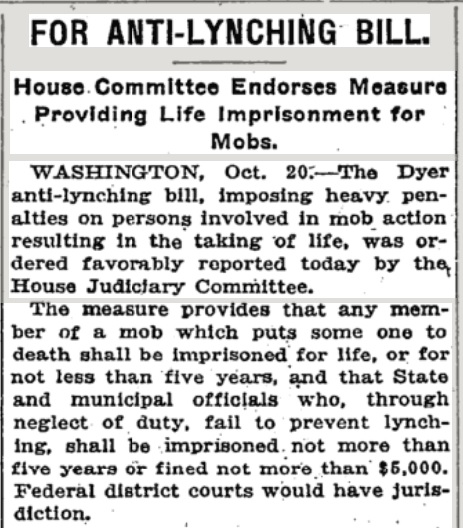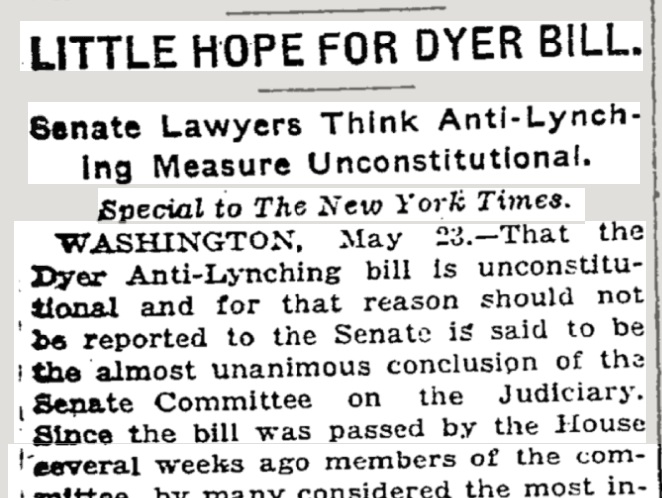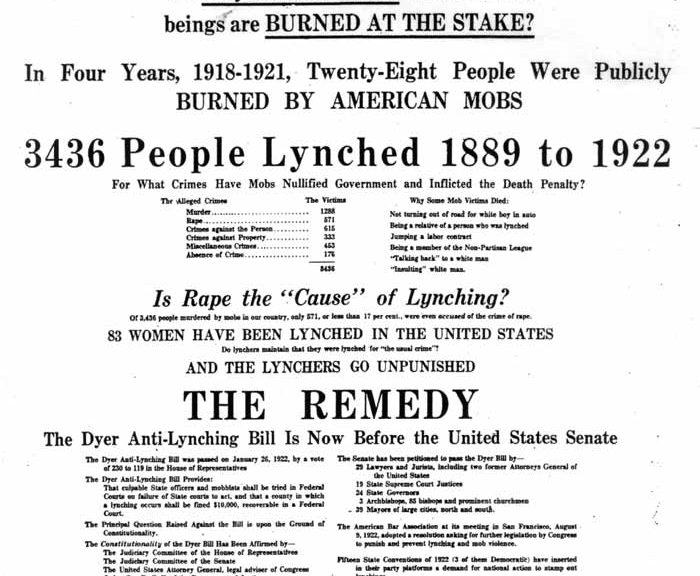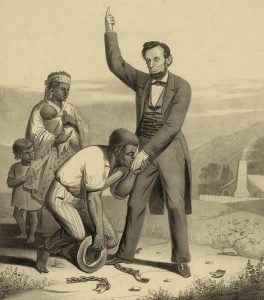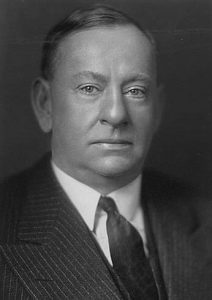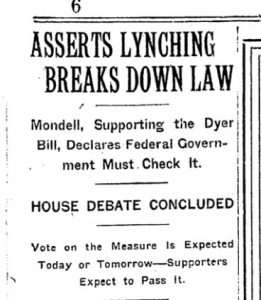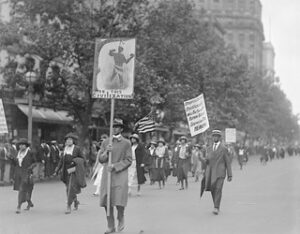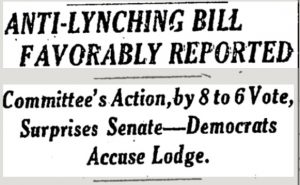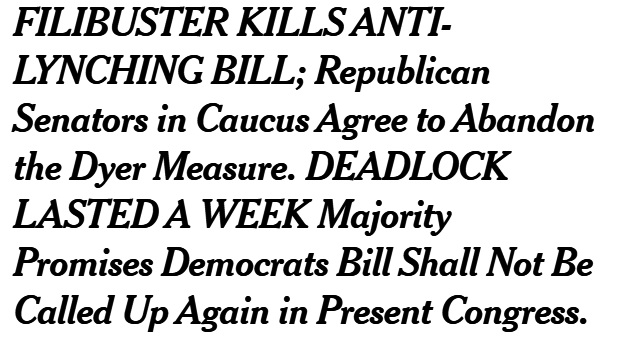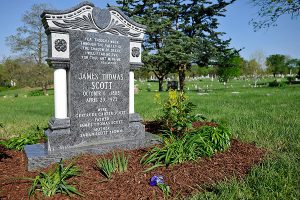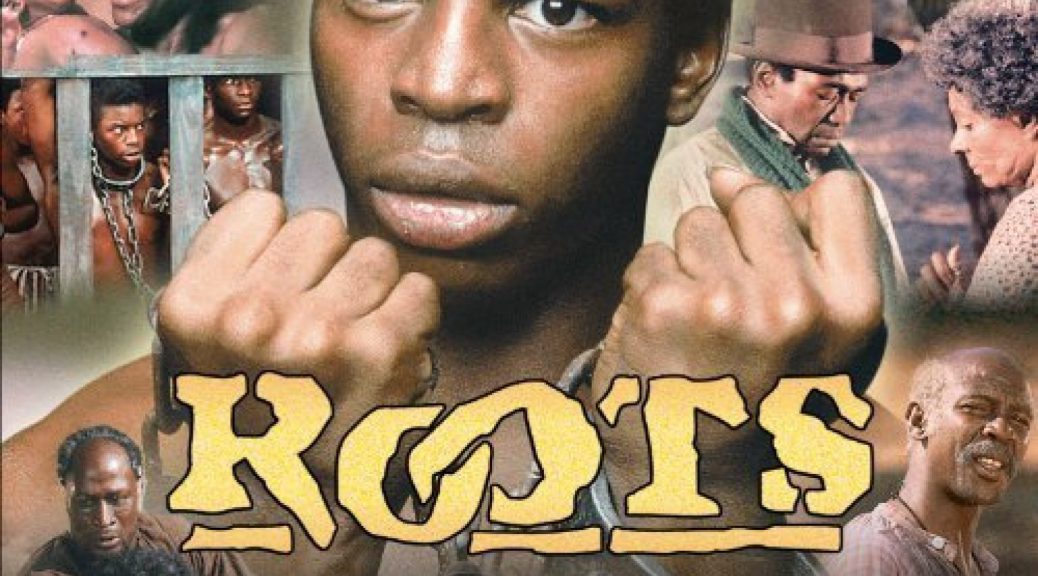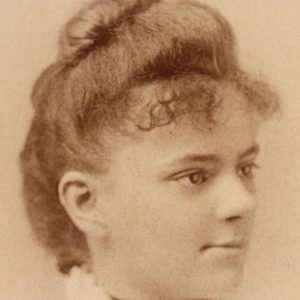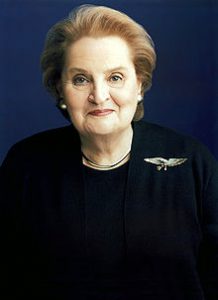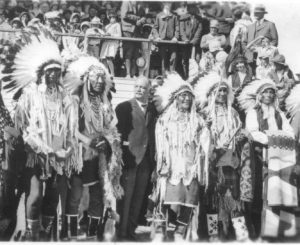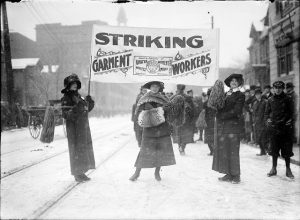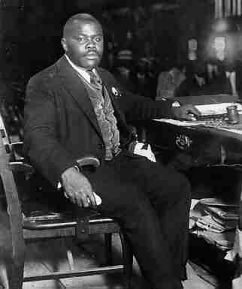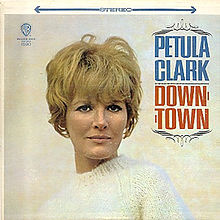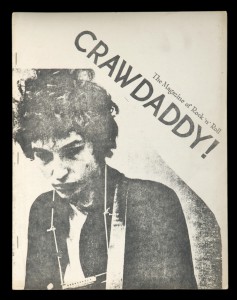January 25 Peace Love Art Activism
US Labor History
UMW
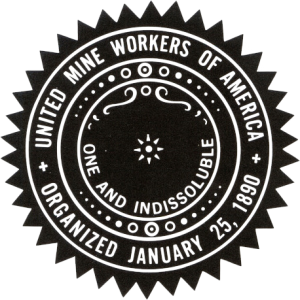
January 25, 1890: in Columbus, Ohio, the Knights of Labor Trade Assembly No. 135 and the National Progressive Miners Union merged to form the United Mine Workers of America. (see July 2)
Harwick mine explosion
January 25, 1904: an explosion at the Harwick mine in Cheswick, Pa killed two hundred miners. Many of the dead lie entombed in the sealed mine to this day. (see Mar 27)
Coppage v. Kansas
January 25, 1915: the U.S. Supreme Court held that employers could make contracts that forbid employees from joining unions so-called “Yellow-dog” contracts. This case was decided in the era prior to the American Great Depression when the Supreme Court invalidated laws that imposed restrictions on contracts, especially those of employment. During this time, liberty of contract was viewed as a fundamental right, and therefore, only in extreme circumstances, could this right be abridged. (see Mar 3)
César E. Chávez, Dolores Huerta, UFW
January 25, 1972: a double trailer truck driven by a scab driver struck and killed 18-year old Nan Freeman – a college student who responded to appeals for help by striking farm workers at the Talisman Sugar plant near Belle Glade, Florida. Pickets had complained to the police about scab drivers speeding by the picket lines through stop signs at the plant gates to splash rain and mud on the striking workers. César Chávez wrote of Freeman, “…she is a sister who picketed with farm workers in the middle of the night because of her love for justice…to be honored and remembered for as long as farm workers struggle for justice.” (LH, see Apr 1; UFW, see Feb 21)
January 25 Peace Love Art Activism
BLACK HISTORY
Cleo Wright lynched
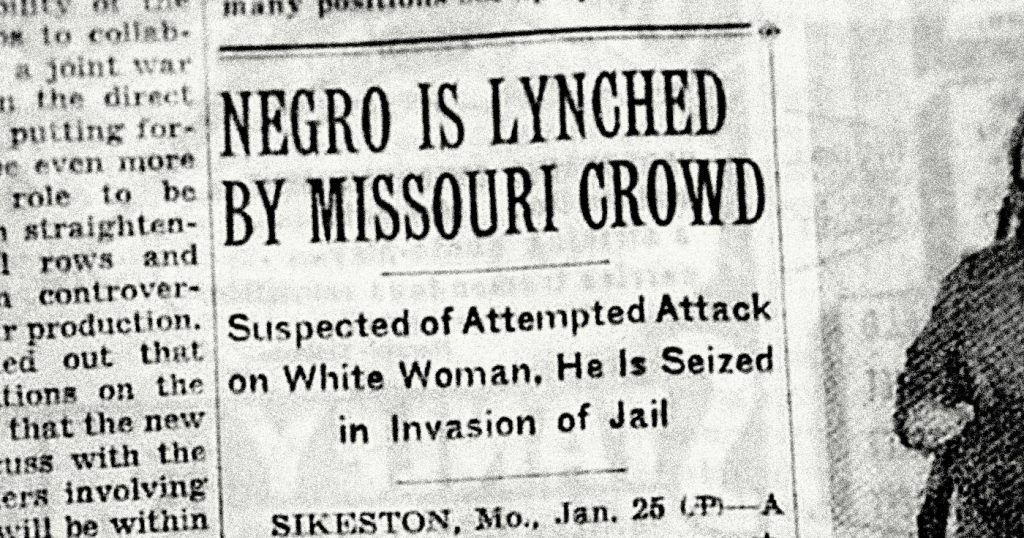
January 25, 1942: a black man named Cleo Wright was arrested on charges of assaulting a white woman. Wright was shot several times by a city night marshal during his arrest, but the local hospital refused to admit him for treatment due to his race. Police initially brought the ailing Wright to his home to die, but later returned him to the city jail.
By the morning a mob of 75 white men had formed at the jail. They soon overcame city and state police officers and abducted the nearly unconscious Cleo Wright from his cell. The mob then dragged him through the streets of Sunset Addition, Sikeston’s predominantly black neighborhood, where the mob forced Wright’s wife to examine his body, then burned the corpse in front of two black churches in the presence of hundreds of black churchgoers.
A grand jury refused to indict the perpetrators, and no one was ever convicted. [JSTOR article] (next BH, see July 1)
Annie Lee Cooper fights back
January 25, 1965: King led another march of about 250 people to the courthouse. When Sheriff Clark painfully twists the arm of Annie Lee Cooper, 54, and shoved her, she hit him — twice. (BH, see Jan 26; MLK, see Feb 1)
Shirley Chisholm
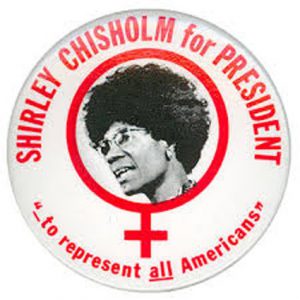
January 25, 1972: Shirley Chisholm, the first African American Congresswoman, announced her candidacy for President. (see Feb 28)
137 SHOTS
January 25, 2016: Cleveland officials said they were firing six police officers involved in a 137-shot barrage that killed two unarmed black people after a high-speed chase.
Those officers included Michael Brelo, a patrolman acquitted of manslaughter charges in May for having fired the last 15 shots of the barrage in East Cleveland on Nov. 29, 2012. The chase began when officers standing outside police headquarters mistook the sound of a beat-up Chevrolet Malibu backfiring as a gunshot.
Six more officers who fired during the barrage face suspensions ranging from 21 to 30 days, said Public Safety Director Michael McGrath, the former police chief. A total of 13 officers had been notified they faced administrative discipline, and one of them has retired, McGrath said. [Guardian article] (see August 8, 2017)
Jackie Robinson statue vandalized
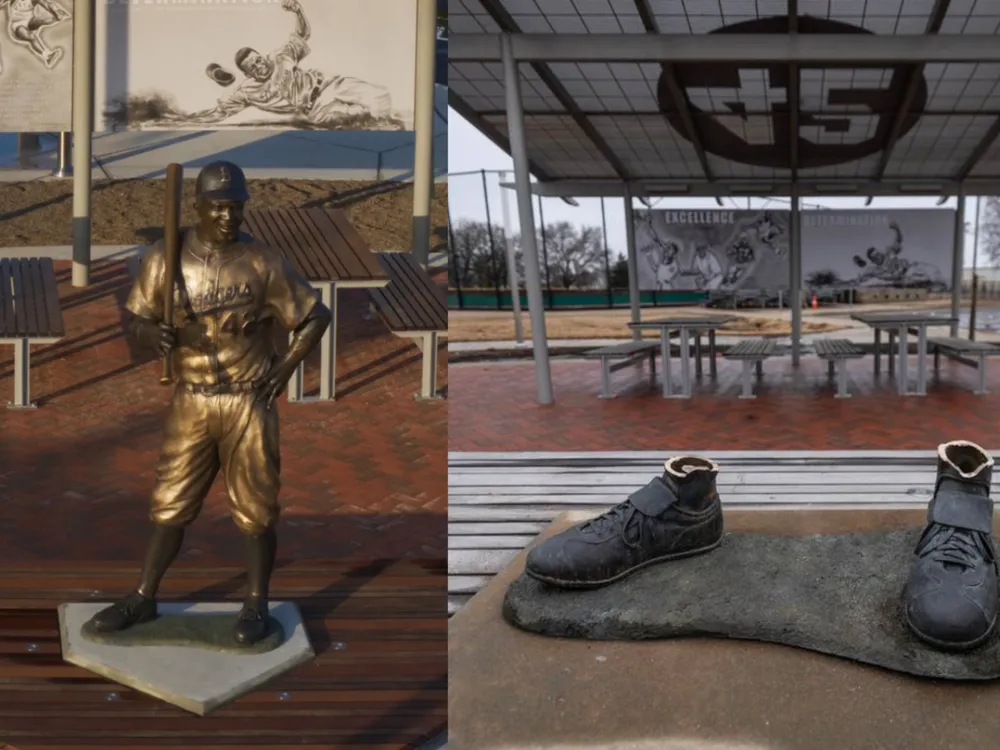
January 25, 2024: vandals entered McAdams Park in Wichita, KS and cut down a statue of Jackie Robinson at its ankles. All that remained was a pair of bronze shoes standing on a base.
A few days later, police received reports of a fire in a trash can at Garvey Park, located roughly seven miles away. When they responded, they found charred pieces of the statue.
In early 2021, League 42, a youth baseball nonprofit in Wichita, unveiled the statue to commemorate the pioneering civil rights leader and professional baseball player. Robinson’s jersey number, 42, is the league’s namesake. [Smithsonian article] (next BH, see Feb 22)
January 25 Peace Love Art Activism
The Red Scare
January 25, 1956: in a long interview with visiting American attorney Marshall MacDuffie, Soviet leader Nikita Khrushchev adopted a friendly attitude toward the United States and indicated that he believed President Dwight Eisenhower was sincere in his desire for peace. MacDuffie, a long-time acquaintance of the Soviet leader and a proponent of closer relations between the U.S. and the Soviet Union, had spent three hours conducting the interview. During the discussion, Khrushchev indicated that it was his desire that “We should have disarmament and we should think how to avoid a new war.” He was critical of some U.S. officials that he accused of making belligerent statements towards the Soviet Union, but he was also quick to point out that he did not hold Eisenhower responsible for those statements. In fact, the Soviet leader praised the president’s leadership, and apparently hoped that Eisenhower might negotiate seriously on a number of issues. (see Mar 8)
January 25 Peace Love Art Activism
January 25 Music et al
January 25, 1963: Vee-Jay record label of Chicago obtained a contract to release limited number of Beatles records in the U.S. for a limited time period. (see Feb 2)
January 25 Peace Love Art Activism
Vietnam
January 25, 1969: the first fully attended meeting of the formal Paris peace talks was held. Ambassador Henry Cabot Lodge, the chief US negotiator, urged an immediate restoration of a genuine DMZ as the first “practical move toward peace.” Lodge also suggested a mutual withdrawal of “external” military forces and an early release of prisoners of war. Tran Buu Kiem and Xuan Thuy, heads of the National Liberation Front and North Vietnamese delegations respectively, refused Lodge’s proposals and condemned American “aggression.” (see February 1969)
January 25 Peace Love Art Activism
Feminism
Hiring discrimination
January 25, 1971: in Phillips v. Martin Marietta the Supreme Court ruled that it is contrary to Title VII of the Civil Rights Act of 1964 for a company to refuse to hire a woman because she has pre-school aged children when it does not impose a similar restriction on hiring men, even where there is no showing of discrimination against women overall. (next Feminism, see Mar 21)
Janet Yellen
January 25, 2021: lawmakers confirmed Janet Yellen as Treasury secretary, making her the first woman in American history to hold the position. {CNN article] (next Feminism, see Mar 8)
January 25 Peace Love Art Activism
Charles Manson
January 25, 1971: in Los Angeles, California, cult leader Charles Manson was convicted, along with followers Susan Atkins, Leslie Van Houten, and Patricia Krenwinkle, of the brutal 1969 murders of actress Sharon Tate and six others. (see Mar 29)
January 25 Peace Love Art Activism
DEATH PENALTY
Herrera v. Collins
January 25, 1993: the Supreme Court in Herrera v. Collins held in a 6-3 vote that a death-row inmate was not ordinarily entitled to relief where a claim of innocence was based on newly discovered evidence, unless the claim also includes an independent constitutional violation. The Supreme Court found that there is no due process violation in the execution of someone who was arguably innocent. (see June 28, 1993)
Bill Bailey hung
January 25, 1996: Delaware executed convicted double-murder Bill Bailey by hanging. Bailey was the third person executed by hanging since the death penalty was reinstated in 1976 and the first hanging in Delaware since 1946. Bailey was the last person executed by hanging in the US. (see April 24, 1996)
Nitrogen Gas
January 25, 2024: Alabama carried out the first American execution using nitrogen gas, killing Kenneth Smith, 58, a convicted murderer, whose jury had voted to spare his life and opening a new frontier in how states execute death row prisoners.
The execution of Smith began at 7:53 p.m. Central time, and he was pronounced dead at 8:25 p.m. in an execution chamber in Atmore, Ala., according to John Q. Hamm, the state prison system’s commissioner. The U.S. Supreme Court allowed the execution to move forward over the objections of its three liberal justices and concerns from death penalty opponents that the untested method would cause Mr. Smith to suffer. [NYT article] (next DP, see January 26)
January 25 Peace Love Art Activism
Nuclear news
Almost Armageddon
January 25, 1995: Russia’s early-warning defense radar detected an unexpected missile launch near Norway, and Russian military command estimated the missile to be only minutes from impact on Moscow. Moments later, Russian President Boris Yeltsin, his defense minister, and his chief of staff were informed of the missile launch. The nuclear command systems switched to combat mode, and the nuclear suitcases carried by Yeltsin and his top commander were activated for the first time in the history of the Soviet-made weapons system. Five minutes after the launch detection, Russian command determined that the missile’s impact point would be outside Russia’s borders. Three more minutes passed, and Yeltsin was informed that the launching was likely not part of a surprise nuclear strike by Western nuclear submarines.
These conclusions came minutes before Yeltsin and his commanders should have ordered a nuclear response based on standard launch on warning protocols. Later, it was revealed that the missile, launched from Spitzbergen, Norway, was actually carrying instruments for scientific measurements. Nine days before, Norway had notified 35 countries, including Russia, of the exact details of the planned launch. The Russian Defense Ministry had received Norway’s announcement but had neglected to inform the on-duty personnel at the early-warning center of the imminent launch. The event raised serious concerns about the quality of the former Soviet Union’s nuclear systems. [BI article] (see May 11)
US/India agreement
January 25, 2015: President Barack Obama and Indian Prime Minister Narendra Modi unveiled plans to unlock billions of dollars in nuclear trade and to deepen defense ties, steps they hoped would establish an enduring strategic partnership.
The two countries reached an understanding on two issues that, despite a groundbreaking 2006 agreement, had stopped U.S. companies from setting up reactors in India and had become one of the major irritants in bilateral relations.
“We are committed to moving towards full implementation,” Obama told a joint news conference with Modi. “This is an important step that shows how we can work together to elevate our relationship.”
The new deal resolved differences over the liability of suppliers to India in the event of a nuclear accident and U.S. demands on tracking the whereabouts of material supplied to the country, U.S. ambassador to India Richard Verma told reporters.
Jeffrey A. Sterling convicted
January 25, 2015: Jeffrey A. Sterling, a former Central Intelligence Agency officer, was convicted of espionage on charges that he told a reporter for The New York Times about a secret operation to disrupt Iran’s nuclear program.
The case revolved around a C.I.A. operation in which a former Russian scientist provided Iran with intentionally flawed nuclear component schematics. Mr. Risen revealed the operation in his 2006 book, “State of War,” describing it as a mismanaged, potentially reckless mission that may have inadvertently aided the Iranian nuclear program. (next N/C N, see Mar 9; next Iran, see Mar 9)
January 25 Peace Love Art Activism
CLINTON IMPEACHMENT
Immunity
January 25, 1998: Lewinsky lawyer Ginsburg said she will “tell all” in exchange for immunity. Clinton political adviser James Carville said “a war” will be waged between Clinton supporters and Kenneth Starr over Starr’s investigation tactics.
Dismissal
January 25, 1999: Senators hear arguments about dismissing the charges against President Clinton and then deliberate in secret. (see Clinton for expanded story)
January 25 Peace Love Art Activism
Occupy Wall Street
January 25, 2012: recalling the 1968 Democratic Convention in Chicago, Adbusters published an ad calling for fifty thousand protesters to Occupy the G8 summit scheduled for May 2012. (see Sept 15)
January 25 Peace Love Art Activism
Americans With Disabilities Act
January 25, 2013: Education Department stated that students with disabilities must be given the opportunity to play on a traditional sports team or have their own leagues. Disabled students who want to play for their school could join traditional teams if officials can make “reasonable modifications” to accommodate them. If those adjustments would fundamentally alter a sport or give the student an advantage, the department is directing the school to create parallel athletic programs that have comparable standing to traditional programs. (see Nov 7)
January 25 Peace Love Art Activism
TERRORISM
January 25, 2014: an attorney for Steven Joshua Dinkle notified a judge that Dinkle intended to plead guilty at a court hearing. Prosecutors said Dinkle conspired with another person to burn a 6-foot cross in a black neighborhood in an attempt to intimidate its residents. Dinkle was also accused of lying to investigators. Dinkle said that he withdrew from the KKK months before the cross burning.
Dinkle was charged with conspiracy to violate housing rights, criminal interference with the right to fair housing, using fire to commit a federal felony and two counts of obstruction of justice. He will be sentenced in May. (DoJ article) (see Feb 3)
January 25 Peace Love Art Activism
Crime and Punishment
Death-in-prison sentences for juveniles
January 25, 2016: the United States Supreme Court decided that states must retroactively apply the ban on mandatory death-in-prison sentences for juveniles.
On June 24, 2012, the US Supreme Court had struck down automatic life-without-parole sentences for children in Miller v. Alabama. Most state courts applied Miller retroactively to people already serving the banned sentence and granted them a new sentencing hearing, but states including Louisiana and Alabama refused to do so.
This Montgomery v. Louisiana decision required all states to apply Miller retroactively, which meant that hundreds of people in Louisiana, Alabama, Pennsylvania, Michigan, and several other states which had sentenced people to die in prison for crimes committed as children were entitled to a new sentencing hearing.
Solitary confinement for juveniles
January 25, 2016: President Obama announced a ban on solitary confinement for juveniles in the federal prison system, a practice he said is “increasingly overused . . . with heartbreaking results.”
In a Washington Post op-ed, the president wrote that solitary confinement can have “devastating, lasting psychological consequences,” including an increased risk of suicide, especially for juveniles and people with mental illnesses. (Washington Post article) (see Mar 23)
January 25 Peace Love Art Activism
Women’s Health
January 25, 2016: the U.S. Supreme Court refused to review North Dakota’s ban on abortion as early as six weeks of pregnancy—allowing a July 2015 ruling from an appellate court striking the measure to stand.
The U.S. Supreme Court had consistently held—first in Roe v. Wade and again in Planned Parenthood v. Casey—that women have a constitutional right to decide whether to end or continue a pregnancy and states cannot ban abortion prior to viability. The Supreme Court refused to review a decision permanently blocking Arizona’s ban on abortion at 20 weeks of pregnancy in 2013, and courts in Idaho and Georgia have also blocked similar pre-viability bans. (see Mar 4)
January 25 Peace Love Art Activism
Immigration History
Trump’s Wall 1
January 25, 2017: President Trump signed an order to start building a border wall with Mexico and planned to indefinitely block Syrian refugees from entering the United States and to institute a temporary halt on all refugees from the rest of the world. The refugee policies were part of an executive order he was expected to issue on January 26.
The order required tougher vetting of foreigners fleeing persecution and placed a month-long ban on allowing any person into the United States from Iraq, Syria, Iran, Sudan, Libya, Somalia or Yemen. Refugee admissions would be halted for 120 days while a review of screening procedures was completed. Upon resumption, the program would be far smaller, with the total number of refugees resettled in the United States more than halved to 50,000 from 110,000.
The mayors of American cities large and small reacted with outrage to the order which said he would halt funding to municipalities that did not cooperate with federal immigration officials. The defiant officials — from New York, Los Angeles, Chicago and smaller cities, including New Haven; Syracuse; and Austin, Tex., said they were prepared for a protracted fight.
“We’re going to defend all of our people regardless of where they come from, regardless of their immigration status,” Mayor Bill de Blasio of New York said at a news conference with other city officials. (BBC article) (IH & TW, see Jan 26)
Trump’s Wall 2
January 25, 2019: President Trump agreed to reopen the federal government for three weeks while negotiations continued over how to secure the nation’s southwestern border, backing down after a monthlong standoff failed to force Democrats to give him billions of dollars for his long-promised wall. (next IH & TW, see Feb 5) or see TW for expanded chronology)
January 25 Peace Love Art Activism
Voting Rights
January 25, 2018: Pennsylvania Republican lawmakers filed an emergency application asking the US Supreme Court to stay the State Court’s order to redistrict voting districts because they believed that federal law partly governed the case.
The lawmakers pointed to Article I, Section 4 of the United States Constitution, which said that the times, places and manners of congressional elections “shall be prescribed in each state by the legislature thereof.”
The lawmakers said the State Supreme Court had thus usurped the legislature’s role in violation of federal law. (VR & PA, see Feb 5)
January 25 Peace Love Art Activism
Fair Housing
January 25, 2019: during the government shutdown, in which 800,000 federal workers worked without pay or were furloughed for five weeks alongside 1.2 million federal contractors, the Department of Housing and Urban Development was shuttered, with 95 percent of its staff furloughed. The effects reverberated throughout the country.
Programs like the Fair Housing and Equality Office, which is charged with eliminating housing discrimination, and the Lead Hazard Control and Healthy Homes Office, which helps local governments reduce lead-based paint hazards, were stalled. Vital services, including processing and investigating housing discrimination claims and providing funding for the fair-housing organizations that handle discrimination complaints, disappeared, leaving the patchwork system of federal employees and nonprofit advocates who fight for the victims of housing discrimination unable to serve their most vulnerable clients. (next FH, see July 15)
January 25 Peace Love Art Activism
Trump Impeachment
January 25, 2020: the NYT reported that President Trump’s lawyers wrapped up a brief opening argument against his impeachment much as they had begun, seeking to turn accusations of wrongdoing back on Democrats and insisting that there were innocent explanations for Trump’s actions toward Ukraine.
“They’ve come here today and they’ve basically said, ‘Let’s cancel an election over a meeting with the Ukraine,’” said Pat A. Cipollone, the White House counsel. “It would be a completely irresponsible abuse of power to do what they’re asking you to do: to stop an election, to interfere in an election and to remove the president of the United States from the ballot.” (next TI, see Jan 27 or see Trump for expanded chronology)
January 25 Peace Love Art Activism
LGBTQ
January 25, 2021: President Biden reversed former President Trump’s ban on transgender troops serving in the military, administration.
With Lloyd J. Austin III, his new defense secretary, by his side in the Oval Office, Biden signed an executive order restoring protections first put in place by former President Barack Obama that opened up the ranks of the armed services to qualified transgender people.
“What I’m doing is enabling all qualified Americans to serve their country in uniform,” Mr. Biden said from behind the Resolute Desk moments before putting his signature on the document. [NYT article] (next LGBTQ, see Feb 11)
January 25 Peace Love Art Activism
Native Americans
January 25, 2022: more than 500 acres of California redwood forestland was officially returned to the InterTribal Sinkyone Wilderness Council whose ancestors were expelled from it generations ago.
The land, formerly known as Andersonia West, was purchased by San Francisco conservation group Save the Redwoods League and donated to the the league announced.
The Sinkyone Council consists of 10 federally recognized Northern California tribal nations including the Cahto Tribe of Laytonville Rancheria, the Pinoleville Pomo Nation, and the Round Valley Indian Tribes.
People Indigenous to the land, located in Northern California’s Mendocino County, were “forcibly removed” by European American colonists, according to the league. But today, the Sinkyone people have been empowered with the ability to reclaim — and rename — the land they believe rightfully belongs to them.
“Renaming the property Tc’ih-Léh-Dûñ lets people know that it’s a sacred place; it’s a place for our Native people,” Sinkyone Council board member and tribal citizen Crista Ray said in a statement. “It lets them know that there was a language and that there was a people who lived there. [CNN article] (next NA, see Feb 22)
Space
January 25, 2023: after completing 72 historic flights on Mars over three years, NASA’s Ingenuity helicopter mission ended.
Originally designed as an experiment, Ingenuity became the first aircraft to operate and fly on another world, lifting off on April 19, 2021.
Imagery and data returned to NASA’s Jet Propulsion Laboratory in Pasadena, California, showed that one or more of the chopper’s carbon fiber rotor blades was damaged while landing during its final flight this month. The team determined that the helicopter is no longer able to fly, according to the space agency.
Ingenuity, which had traveled to Mars as the Perseverance rover’s trusty sidekick, sits upright on the surface of Mars and mission controllers at NASA’s Jet Propulsion Laboratory had been able to maintain communications with the rotorcraft. [CNN article] (next Space, see Feb 12)
January 25 Peace Love Art Activism
